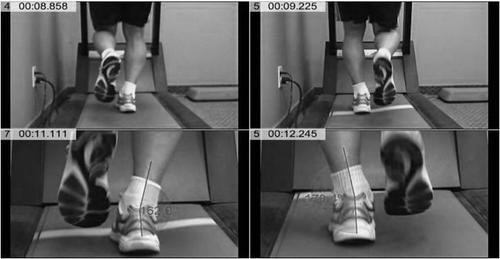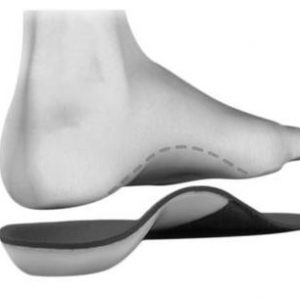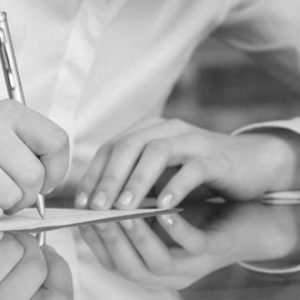Biomechanics/Musculoskeletal Video Gait Analysis
£150.00
Product Description
Gait Analysis & Orthotics
A Gait Analysis assessment involves an examination of the lower limbs, looking at their structure, alignment, strengths and weaknesses.
The examination is not focused simply upon the foot but includes the pelvis, legs and knees, assessing the relationship between them. It is important to examine the lower limbs as a whole because they are closely connected and pain in one area can be due to a weakness or structural problem in another area.
What are the benefits of a Gait Analysis assessment?
A biomechanical or Gait Analysis assessment is very beneficial if you are experiencing pain in your feet or lower limbs but no cause has been established. A biomechanical assessment is the starting point for understanding the cause of your problem, what treatment is needed or whether further investigations are necessary. The analysis allows us to write an accurate prescription for your Orthoses, otherwise it is like buying eye glasses off the shelf with no prescription.
What happens during the assessment?
You will be asked to lie on a couch while the Podiatrist examines the joint range of motion of your hips, knees and feet. Your muscle strength and weakness will also be assessed and the Podiatrist will look for any signs of leg length discrepancy. The Podiatrist examines the structure of your foot, looking at the relationship between the forefoot and rearfoot. While you stand in a relaxed stance, the alignment of your feet and relationship to the lower legs will be assessed. Our Podiatrists use high-tech Video Gait Analysis as part of a biomechanical assessment. You will be asked to walk and run on the treadmill in order to precisely record your gait and the video will be played back for you to see and the Podiatrist to examine. The Video Gait Analysis enables the Podiatrist to see whether there is any rotation in the pelvis during running, any alignment problems and excessive foot movement which is often the source of Foot & Ankle complaints.
What sort of treatment will I need after the assessment?
There are many different types of recommended treatments following a biomechanical assessment, depending upon your results. For people who have good structural foot mechanics, the Podiatrist will advise on the best footwear in order to reduce the risk of foot problems. Simple changes such as wearing trainers designed for your gait or wearing insoles/orthotics can be very effective. If the Podiatrist believes that your mechanics could be contributing to your injury or pain, insoles or custom made orthotics will be prescribed or a steroid injection recommended.
Patients are referred to a physiotherapist if they will benefit from exercises to improve muscle strength or flexibility. Referrals may also be made to an osteopath, sports doctor and rheumatologist. Patient may also be referred for imaging such as X-rays, MRI’s, Ultrasound or CT-scans.
Covering
Our services cover the following locations (if your location is not listed please don’t hesistate to get in touch and ask us if we can help you):
Kensington – W8 – W14 – SW7 – Notting Hill – W11 – W2 – W10 – Chelsea – SW10 – Knightsbridge SW1 – SW3 – Fulham – SW6 – Hammersmith – W6 – W12 – Hyde Park and Holland Park
Common Conditions
Subscribe
Sign up for the newsletter to receive all the news offers and discounts from OsteoGait Podiatrists.




